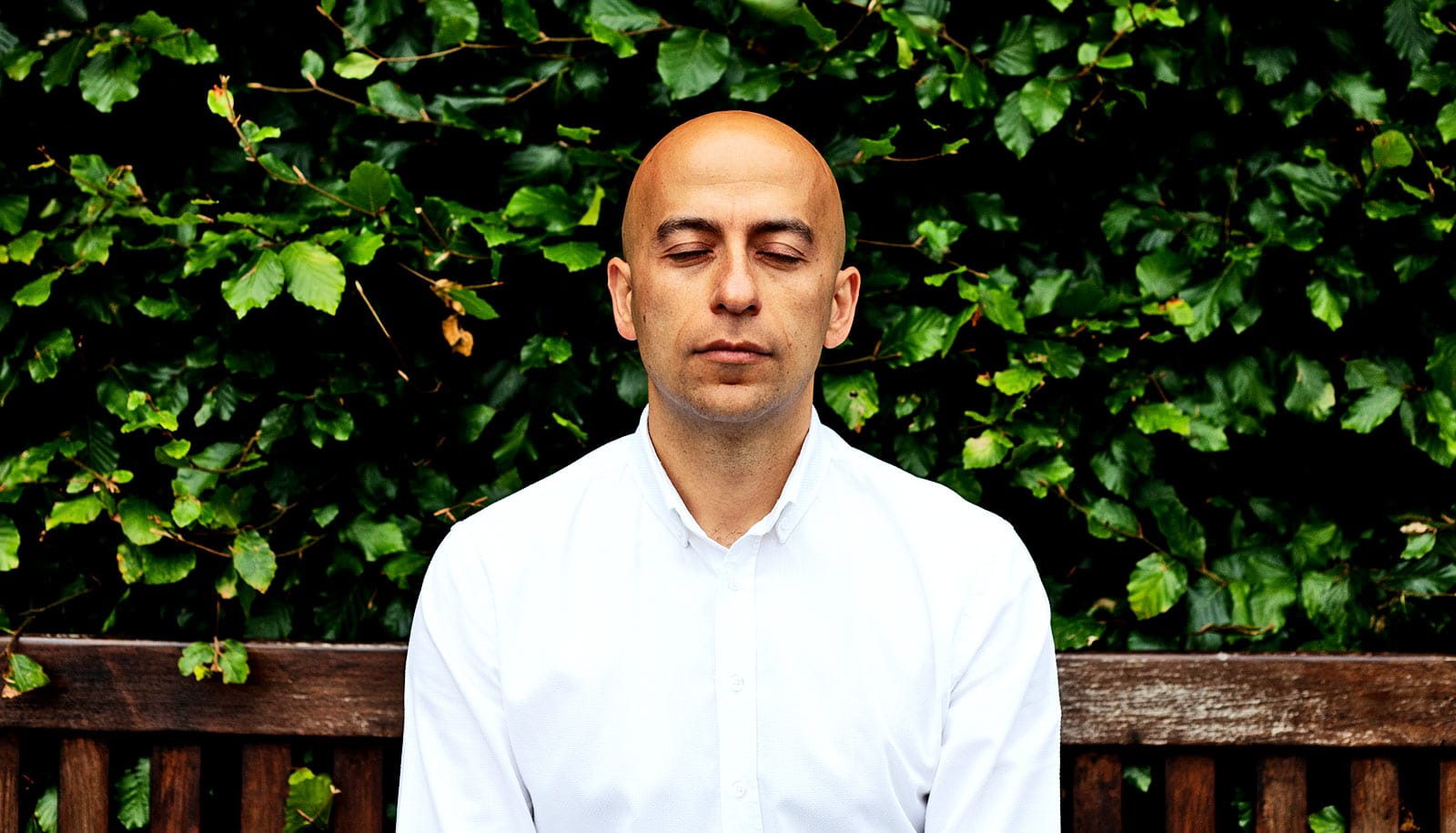Violence in early dating experiences can contribute to “a cycle of interpersonal violence through adulthood,” experts warn.
For a new study, researchers analyzed data from a nationally representative sample of US high school and middle school students, ages 12 to 17, who were followed into adulthood 5 and 12 years later. Compared to people who didn’t experience victimization in adolescence, those who experienced teen dating violence were more likely to report physical intimate-partner violence in those later years.
More research is necessary to understand “why and how these trajectories occur,” write Emily Rothman, associate professor of community health sciences at Boston University School of Public Health, and coauthors. Among the possible factors are increased risks of depression and substance use.
Published in the Journal of Adolescent Health, the study, which controlled for a variety of risk factors, demonstrates that adolescent dating violence (ADV) “is uniquely implicated in a cycle of interpersonal violence from adolescence to adulthood, even when differences between victims and non-victims are carefully accounted for.”
Love or abuse? Many teens can’t tell the difference
That finding underscores the “critical need to intervene with adolescents experiencing dating violence, to prevent this cycle from beginning. It also adds to the literature demonstrating the key importance of adolescent romantic relationships in shaping youth development.”
Previous research has indicated that about 10 percent of adolescents report experiencing physical dating violence, while others experience threats, name-calling, or other forms of abuse. In the study sample, the prevalence of intimate-partner violence for ADV victims was 29 percent at five-year follow-up, and 17.5 percent at 12-year follow-up.
The findings suggest that more needs to be done to identify adolescents who have experienced dating violence, through screenings in pediatric offices, school-based health centers, and other health care settings, Rothman says.
“We need to find ways to better support adolescents who are identified as victims of dating violence and provide effective wrap-around services that address the risks these adolescents may experience.”
Deinera Exner-Cortens, formerly with the Bronfenbrenner Center for Translational Research at Cornell University and now with the University of Calgary, led the research. It used data from Add Health, a project led by researchers at the University of North Carolina at Chapel Hill.
Source: Boston University



